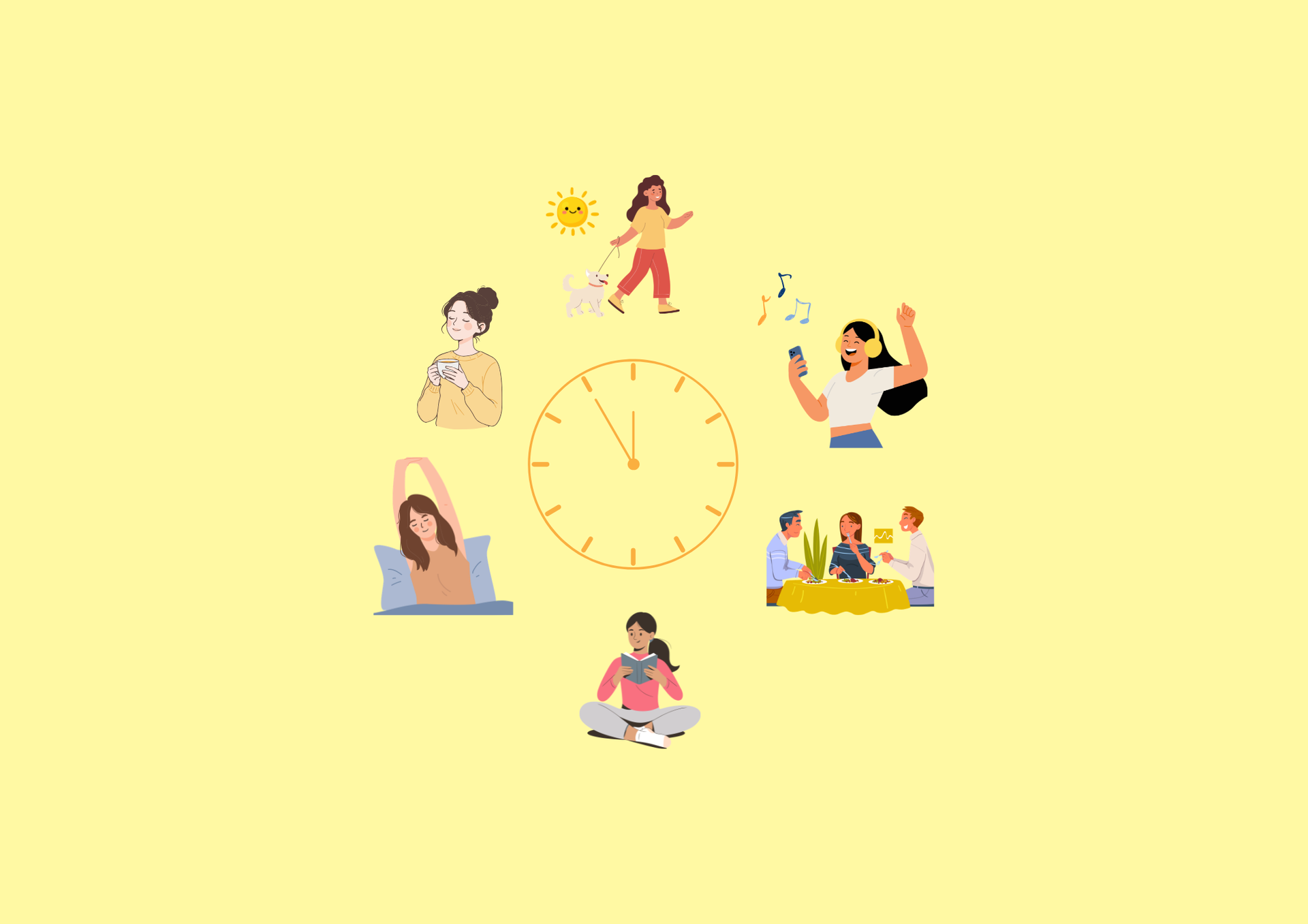5 Mental Health Benefits of Strong Friendships
July 23, 2024
Friendship Day is celebrated around the world with many unique traditions, from making handmade jewellery for friends to sending heartfelt messages on cards. International Friendship Day will take place on July 30th, 2024, offering us an opportunity to express gratitude to our friends and reflect on the positive impact good friends have on our mental health and well-being.
Research shows that genuine adult friendships that offer social support and companionship are a strong predictor of well-being and can protect against mental health conditions like anxiety and depression. Overall, genuine friendship positively impacts us throughout our lifetime. (Pezirkianidis, C., et al., Frontiers in Psychology, Vol. 14, 2023; Blieszner, R., et al., Innovation in Aging, Vol. 3, No. 1, 2019).
To celebrate the upcoming Friendship Day, let’s explore five more Mental Health benefits of having strong friendships:
Friends act as our support system in challenging times.
Often, when we encounter challenging times, it can be difficult for us to manage our thoughts and feelings. Friends help us stay grounded and navigate our worries by listening to us or helping us approach a situation from different perspectives. Simply having a supportive friend in hard times can help us manage our ups and downs better.
Friends help create a sense of belonging
Having a sense of belonging is fundamental to human beings. Having friends offers a sense of community, and helps us feel confident, cared for and loved. This sense of belonging that friendship brings ultimately helps increase our self-worth.
Friends can help reduce stress.
Good friends can offer different perspectives, helping us navigate our problems through different approaches rather than indulging in negative coping mechanisms. A study shows that talking with a supportive friend reduces blood pressure reactivity compared to a friend with whom one is conflicted. (Holt-Lunstad, J., et al., Annals of Behavioral Medicine, Vol. 33, No. 3, 2007)
Friends help improve self-confidence
In times when we feel low about ourselves due to specific life events, friends can help by providing reassurance and reminding us of times we have overcome hurdles and made it through. Having good friends who bring out the best in us can help boost our self-confidence and persuade us to face challenges.
Good friends encourage good change.
It’s common for humans to stay within their comfort zone. However, change and growth occur when good friends encourage you to step outside of your comfort zone and experience change and growth. In having conversations, sharing perspectives, and trying out different activities, friendships help us learn essential life skills we might not have learned on our own. These life skills, such as adaptability, can help us navigate life situations.
Friendships require genuine effort from everyone involved, and in light of International Friendship Day, here are 5 ways to ensure you’re being a good friend:
Listen attentively
Most of us want someone to hear us out or understand us. Your friends aren’t any different. Be a good friend by being a good listener. Acknowledge their experiences and let them talk without deflecting or invalidating their experience even if you don’t necessarily agree.
Make time to meet up with your friends
Life can get busy and sometimes in the chaos of life, we can forget to make time to meet up with friends. It’s important to keep in touch with friends so none of us feel isolated. You can stay in touch by finding an activity you both like or by stepping out of your comfort zones and taking up a new activity together.
Be trustworthy
Trust is the foundation of most relationships. Friendship requires genuine trust to be able to thrive and create a sense of reliability. To be a good friend, make sure to honour promises and safeguard private information that your friend shares with you.
Show kindness
It’s hard to know what people are going through in their lives. It’s important to be kind to your friends, even if they are not vocal about their struggles. Celebrate their milestones like birthdays or achievements to make them feel special and loved.
Be there in times of need
All of us go through times when we need a shoulder to cry on. Similarly, when your friends go through a difficult period, offer them your support or a listening ear which can help strengthen your bond and make them feel cared for. A friend in need is a friend indeed!
This International Friendship Day, take a moment to celebrate and let your friends know how grateful you are for their positive influence on your mental well-being. A happy, healthy life is largely dependent on having strong friendships that provide emotional support, help relieve stress, and improve general well-being.
By Fairooz Zaima





